The age old debate of caravans vs vans. Get a caravaner and a camper owner together and sure enough the friendly gibes will start flowing about which is better. Here at the Recreational Society we recognise both [all] modes are just the way you get to stay out there.

If you are aren’t sure about which way to go here are some pros and cons of caravans.
Caravans are generally less expensive than motorhomes; they don’t have motors. Sounds glib, but taking out all the systems required like; headlights, gearing, steering, abs, airbags etc. You can buy into the amazing lineage of Kiwi built caravans and be towing a restored retro bewty for under 15K.
At the other end of the scale, a new fully spec’d 4 berth caravan with modern suspension, braking with cost upwards of 50K. Of course the sky is the limit… well maybe the Romotow is the limit. A similarly spec’d motorhome is upwards of $140k new. You can have a new caravan and new tower for a lot less.
And of course the big one that a caravaners always default to; you tow the caravan to where you want to be, you set up camp, you unhitch. You have a car. Need to do a supermarket run, just jump in the car. No need to decamp.
Those accursed rattles! As mentioned in our How To: Storage post, random rattles will drive you nuts in a camper. Towing a caravan, you can’t hear them. Speaking of storage, size for size a caravan will have more room in it than a camper.
A caravan can be used like a base camp from which you satellite out from for your day expeditions.

The speed limit for towing ANYTHING in NZ is 90km/h. Besides risking speeding tickets, older caravans just don’t have the suspension to speed. Which brings us to what happens at speed; Sway.
All caravans, old and new suffer from sway. The newer the caravan design, the better it is at dealing with sway. This is when the towed vehicle starts getting speed wobbles, which can lead to jack-knifing and rolling. Packing caravans is crucial in reducing sway. Keep the back end light, and pack your gear forward of the axle/s as close to the draw bar as possible.
The 90km/h speed limit is enforced for good reason. And let’s be real here, how many campers and motorhomes are doing much more that 90km/h anyway. But the 90km/h limit does mean you have to be an extra courteous road user, constantly pulling over to let faster vehicles pass. And unfortunately other road users often perform dangerous passes around you. Towing adds a whole new level of driver vigilance and concentration.

Driver fatigue is a real factor with towing a caravan. In compiling this post we talked to a couple of avid caravan owners. They both conferred that towing adds about 30% more fatigue to a drive. They both, independently commented that their driving style simply changes. Their expectations on distances shorten. The day of travel is broken up with regular stops.
Length of tow train is a real consideration. You probably aren’t rocking up to the local supermarket on the way out to town to provision. You can’t park a caravan everywhere.
Vehicle matching; this isn’t difficult, but you need to know the law and safety around towing capacity. You do have to match your tow vehicle to the weight of the caravan you want to tow. Both the engine power and the manufacturer’s tow specifications. A lot of cars only have an un-braked tow weight of 750 kgs, which is fine for taking a small trailer to the tip.
If the caravan has brakes [and most do] then you can tow up to 3500kgs but the vehicle needs to be manufacturer specified capable. And not all similar sized vehicles are created equal.
Confused yet? Ok here’s an example; A Hi-lux ute has a braked tow rating of 3500kgs, a Great Wall ute’s is 2000 kgs. A modern 16 ft caravan’s unladen weight is about 1800 kgs. So by the time your toys are added, water, food and all the extras you are easily topping out the Great Wall’s capacity.
Check out your car’s tow ratings on the AA website HERE.
Another consideration would be your toys; you can’t tow behind a caravan, so you might be leaving the boat, the jet ski, the bike trailer behind.
After all that a campervan, motorhome, slide-on or roof tent are sounding good again huh! It is about establishing what is going to work best for your recreational needs.

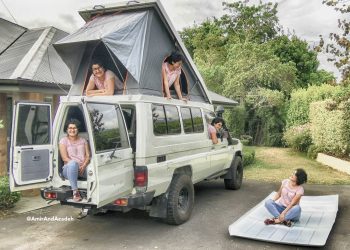
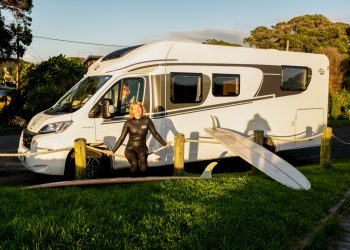

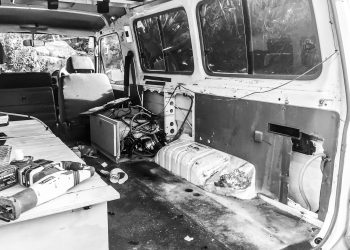

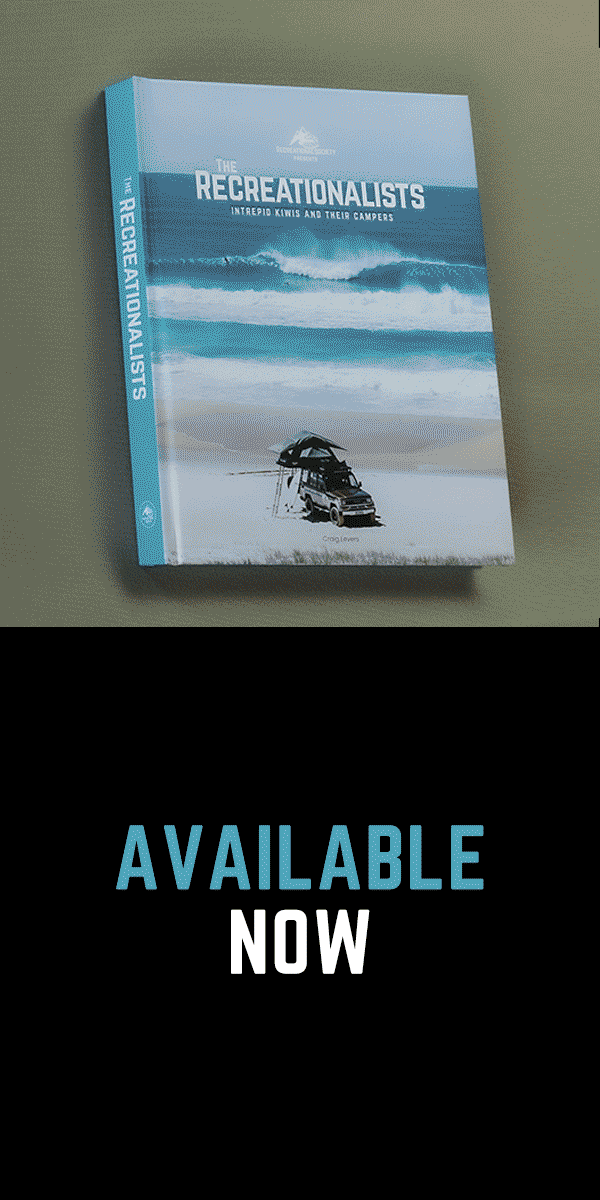
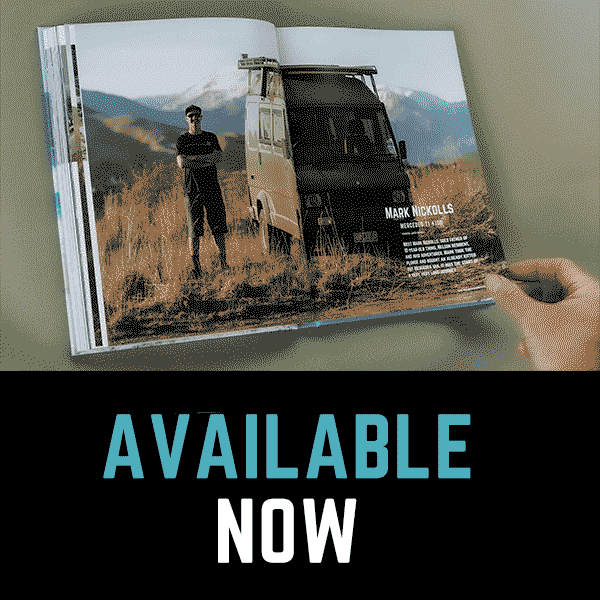
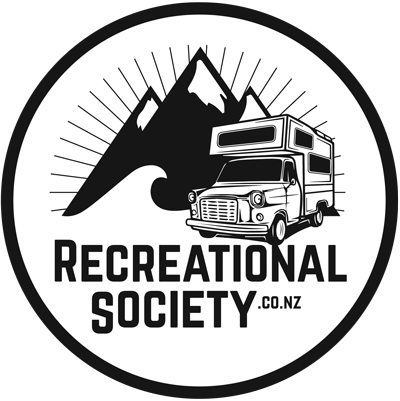

Pretty much agree with everything in this article. In my opinion the Caravan is the clear winner here! I had vans for more than a decade and a half and they were great then. Now, with a family the Caravan definitely wins! Way more space for all of your and your kids’ toys. If I wanted a Motorhome that was in any way comparable in terms of size, it would be a slow, wobbly beast, that wouldn’t be able to go anywhere nearly as interesting or remote as my car and Caravan.
Unless your main purpose is to cover as much distance as possible and you just need a place to sleep for the night, which is what vans are clearly excellent for, a Caravan is better!